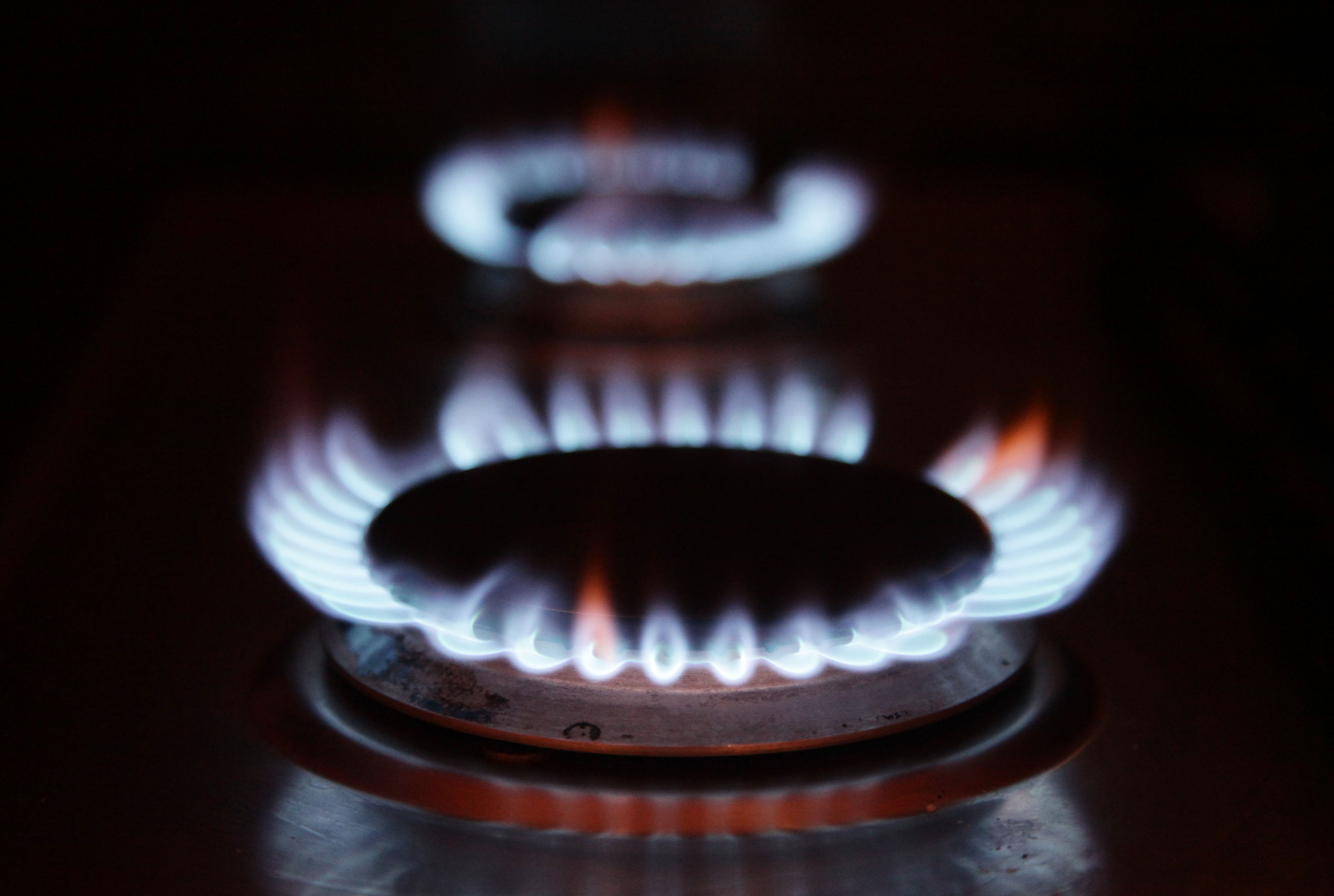
Consumers should be compensated after being overcharged for their utilities by more than £20 billion due to regulator errors, Citizens Advice says.
The charity said regulators had allowed water, energy, broadband and telephone firms to overcharge customers by £24.1 billion over the past 15 years.
It is calling for companies to return some of the money to customers through a rebate on their bills.
In 2017, Citizens Advice found Ofgem had made errors in setting price controls for energy networks, resulting in customers being overcharged £7.5 billion over eight years.
Three energy network companies – SGN, Western Power and Scottish and Southern Electricity Networks – returned £287 million to customers following the findings.
But the charity said it had now found this was the “tip of the iceberg”, claiming that Ofgem made the same errors over a much longer period while regulator decisions across other markets including water, broadband and phone networks had cost customers money over the past 15 years.
It alleges that “misjudgments” by Ofgem, Ofwat and Ofcom in setting price controls had resulted in customers paying too much for the pipes and wires that connect energy, broadband, phones and water to their homes.
The charity said the overpayments partly occurred because regulators made forecasting errors in predicting that costs such as debt would be higher than they turned out to be, and also over-estimated how risky these businesses were for investors.
Citizens Advice chief executive Gillian Guy said: “Regulator error has meant customers have been charged too much by energy, broadband and phone networks for far too long.
“At a time when so many people are struggling to pay their essential bills, regulators need to do more to protect customers from unfair prices. They have started to take steps in the right direction but it is vital they continue to learn from their past mistakes when finalising their next price controls.
“Companies need to play their part in putting this multibillion-pound blunder right. They must compensate customers where they have been paying over the odds. If they don’t, Government needs to intervene.”
Last week, Ofgem confirmed it will pursue even tighter restrictions on how much profit energy companies can make, in a move it said will result in lower prices for customers.
The regulator unveiled its desired methodology for the second energy price cap, which is expected to save consumers around £6 billion over the five years to 2026.
In 2013, Ofwat called on firms to recognise the difficulties that customers were facing as a consequence of the financial crash. Amid planned bill increases, some firms voluntarily did not collect revenue from customers, reducing bills by £435 million.
Ofwat has since indicated substantially lower returns for investors from 2020, and in April announced a deal with three water companies that could see some bills fall by as much as £70 a year for eight million households.
Ofgem said: “Ofgem remains determined to drive the best deal possible for consumers. Overall, energy network regulation has delivered for consumers, with £100 billion invested, power cuts halved, record customer satisfaction and reduced costs.
“While we do not agree with Citizens Advice’s estimate of excess profits, we welcome their report and recommendations. We will continue to work closely with them and wider stakeholders to apply lessons learnt from previous price controls for the next price control period.
“Our plans include the lowest ever returns for investors in energy networks which would cut costs for consumers by £6 billion.”

Enjoy the convenience of having The Sunday Post delivered as a digital ePaper straight to your smartphone, tablet or computer.
Subscribe for only £5.49 a month and enjoy all the benefits of the printed paper as a digital replica.
Subscribe